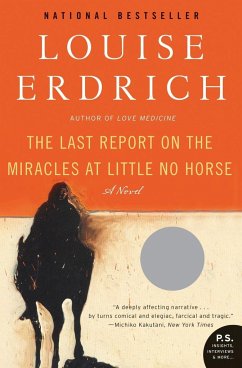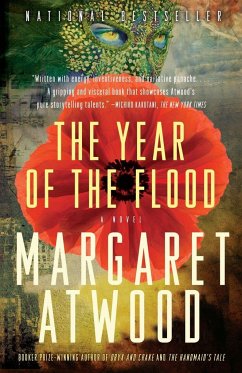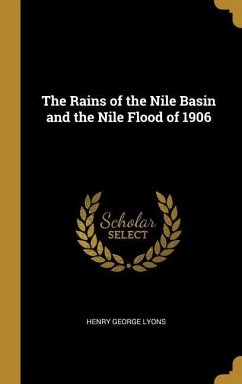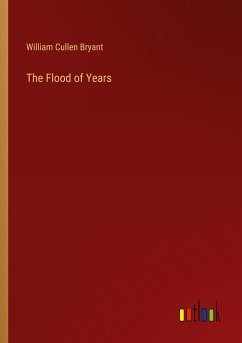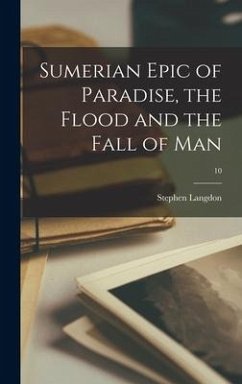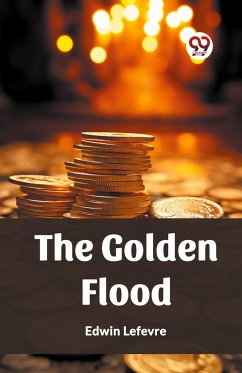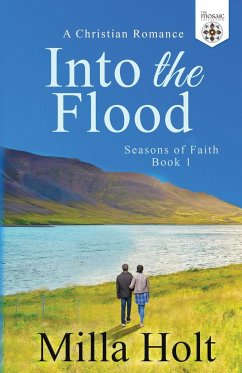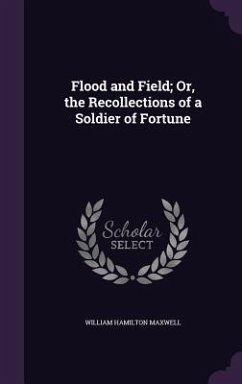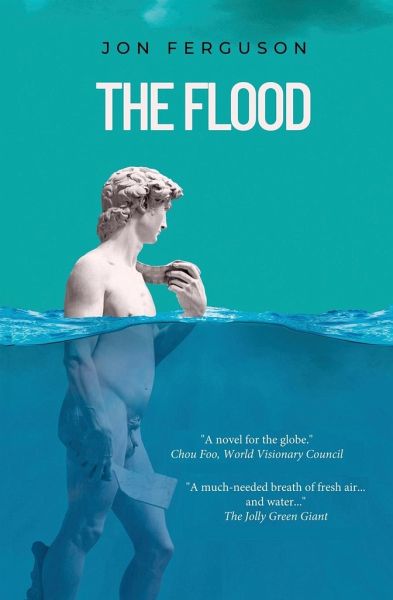
The Flood
Versandkostenfrei!
Versandfertig in 1-2 Wochen
12,99 €
inkl. MwSt.

PAYBACK Punkte
6 °P sammeln!
Philip Papp cuts a rather sad version of Michelangelo's 'David', but that doesn't seem to matter post-deluge. He still manages to attract a small crowd of spectators, most days, from his first-floor window. After the flood, Betty Swain's old, arthritic fingers are free to work their magic with impunity and (bless her heart) for no fixed fee. Bereft, bemused widowers are happy to pay her a fair rate. Ask Bill the policeman. Who sent the mysterious flood? Decided which people would perish? (Eighty-five percent of us drowned.) Did ambition, religion, and censure recede and evaporate with it for g...
Philip Papp cuts a rather sad version of Michelangelo's 'David', but that doesn't seem to matter post-deluge. He still manages to attract a small crowd of spectators, most days, from his first-floor window. After the flood, Betty Swain's old, arthritic fingers are free to work their magic with impunity and (bless her heart) for no fixed fee. Bereft, bemused widowers are happy to pay her a fair rate. Ask Bill the policeman. Who sent the mysterious flood? Decided which people would perish? (Eighty-five percent of us drowned.) Did ambition, religion, and censure recede and evaporate with it for good? Jon Ferguson has written a novel that holds a mirror up to a western hierarchy all but saturated with covetousness, media, and law enforcement. Humorous and joyful, with fat droplets of pathos...is it a utopian or dystopian vision? The thing is, your need to judge and pigeonhole might not even survive the narrative.



